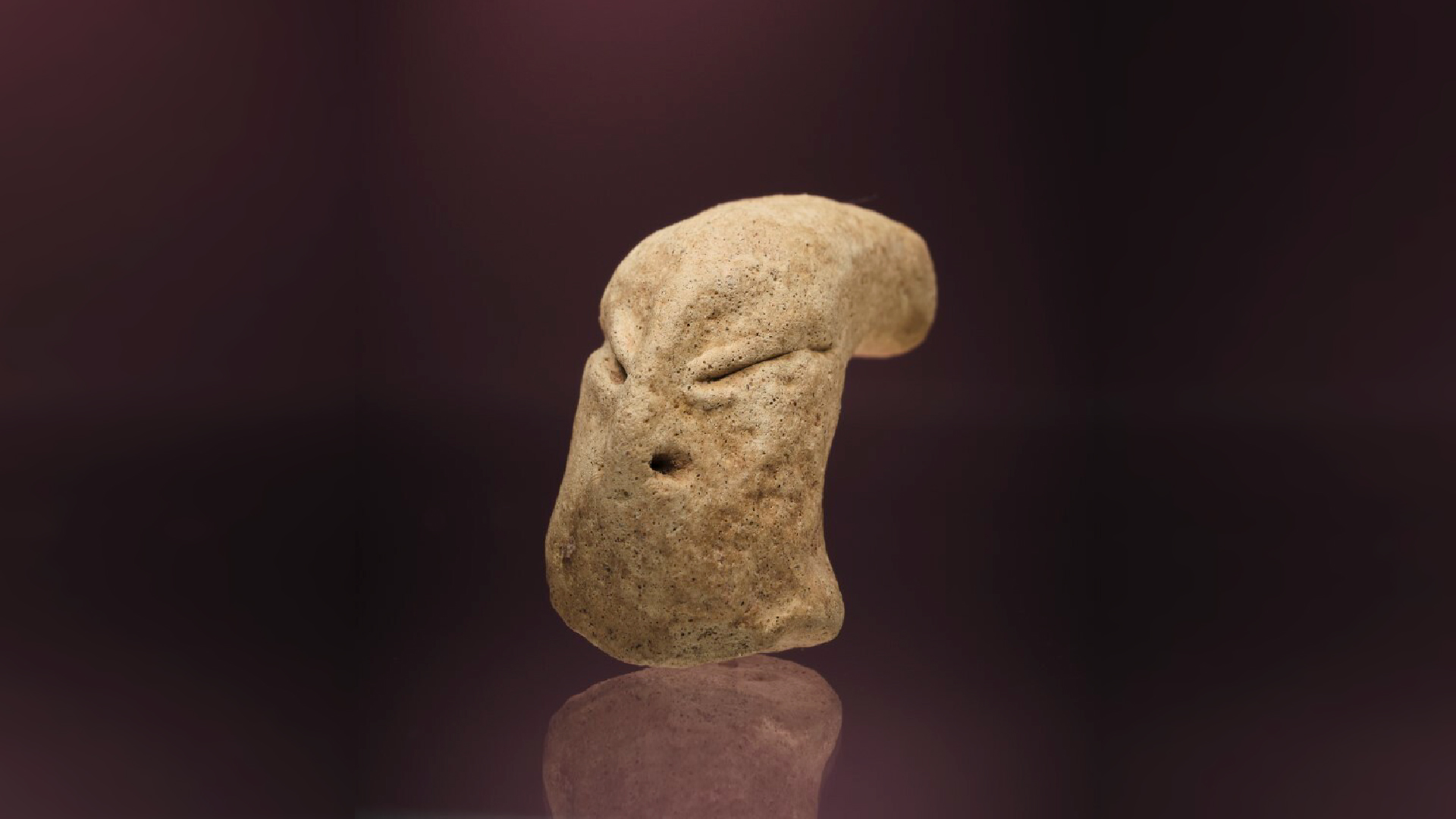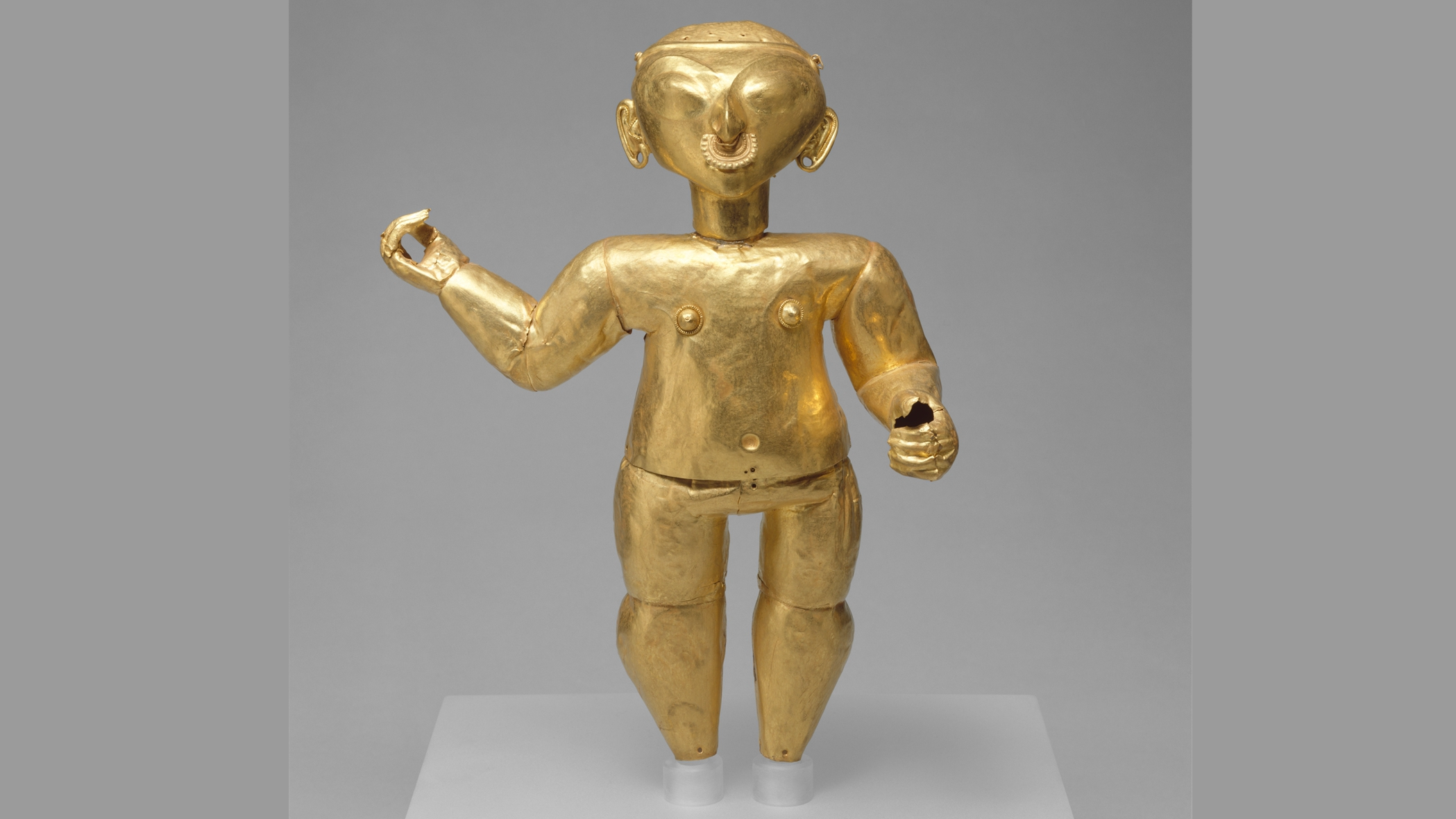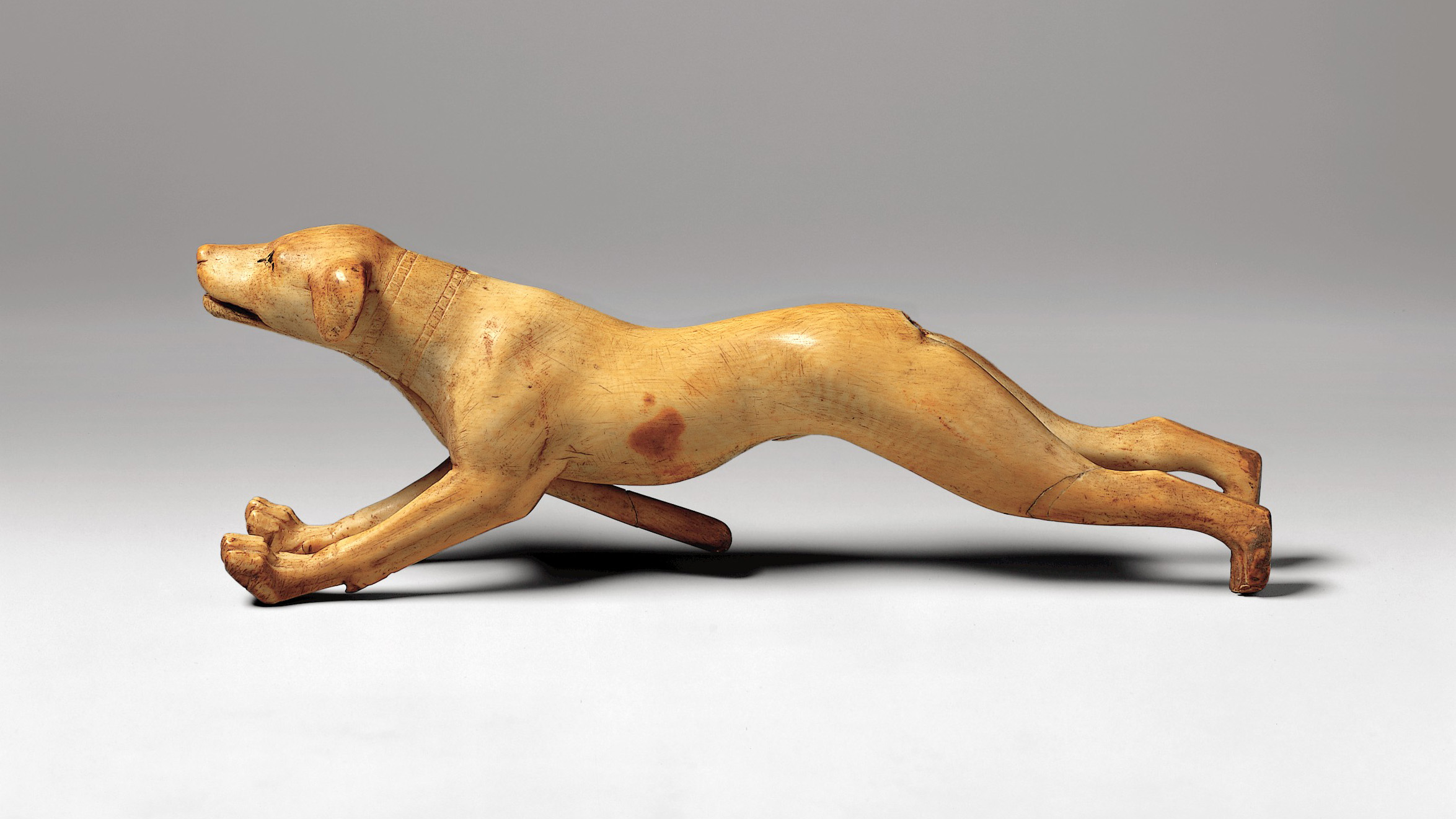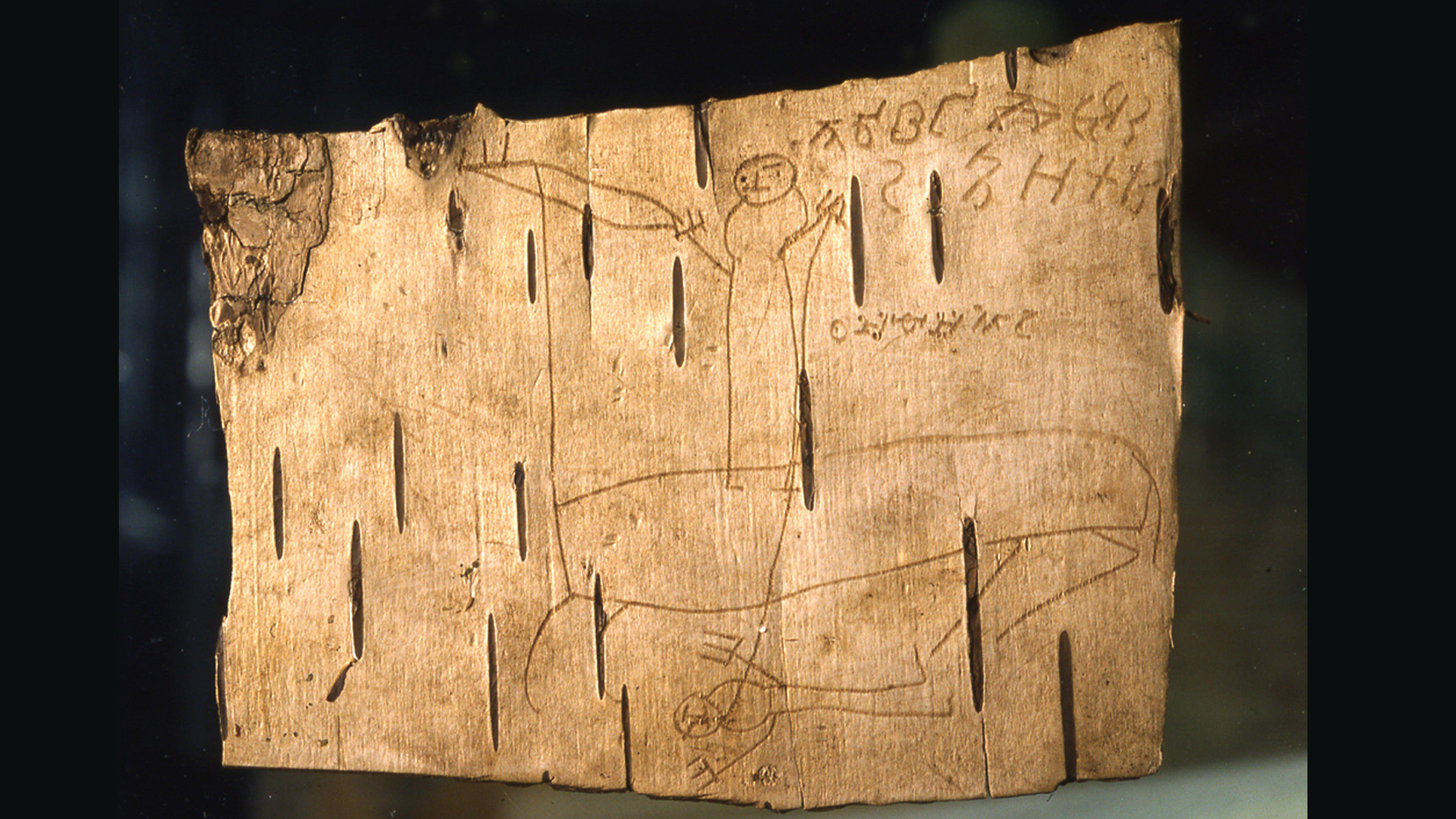Archaeology news, features and articles
Explore Archaeology
Editor's Picks
Latest about Archaeology
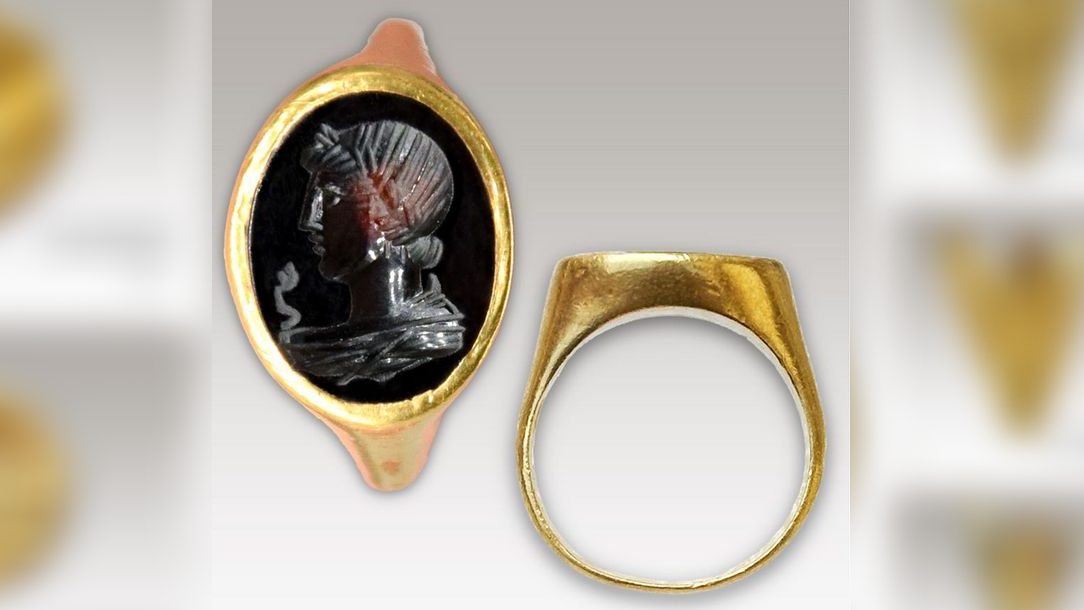
Apollo gold ring with 'healing serpent' found in 2,000-year-old tomb in Greece
By Kristina Killgrove published
A monumental tomb found near Corinth has revealed several burials, along with artifacts reflecting its later use as a healing shrine.
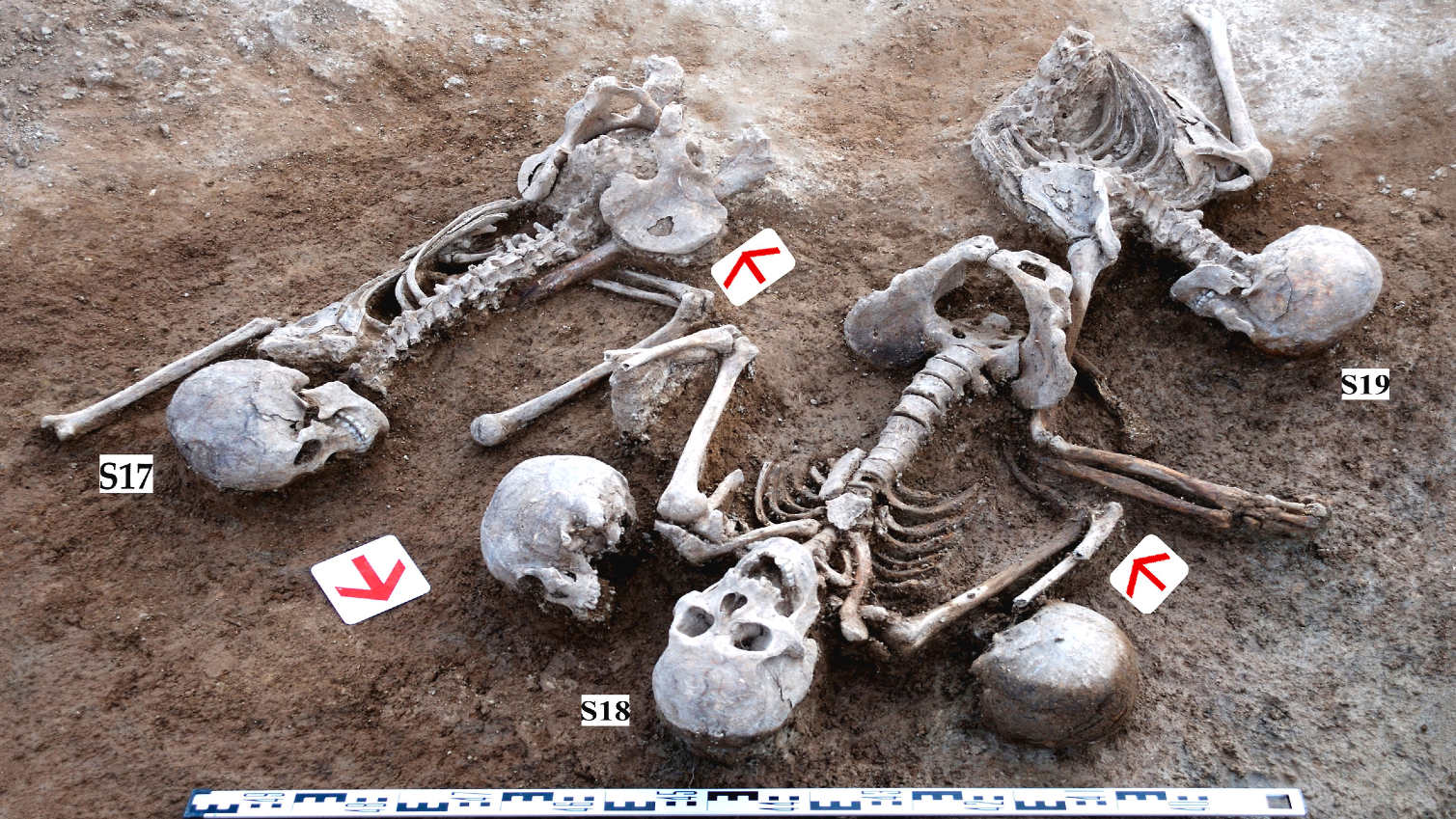
'The most shameful form of execution': Han warriors found dismembered in 2,100-year-old mass grave in Mongolia
By Kristina Killgrove published
Genetic analysis of skeletons in a mass grave in Mongolia has revealed they were soldiers in the Han-Xiongnu Wars more than two millennia ago.
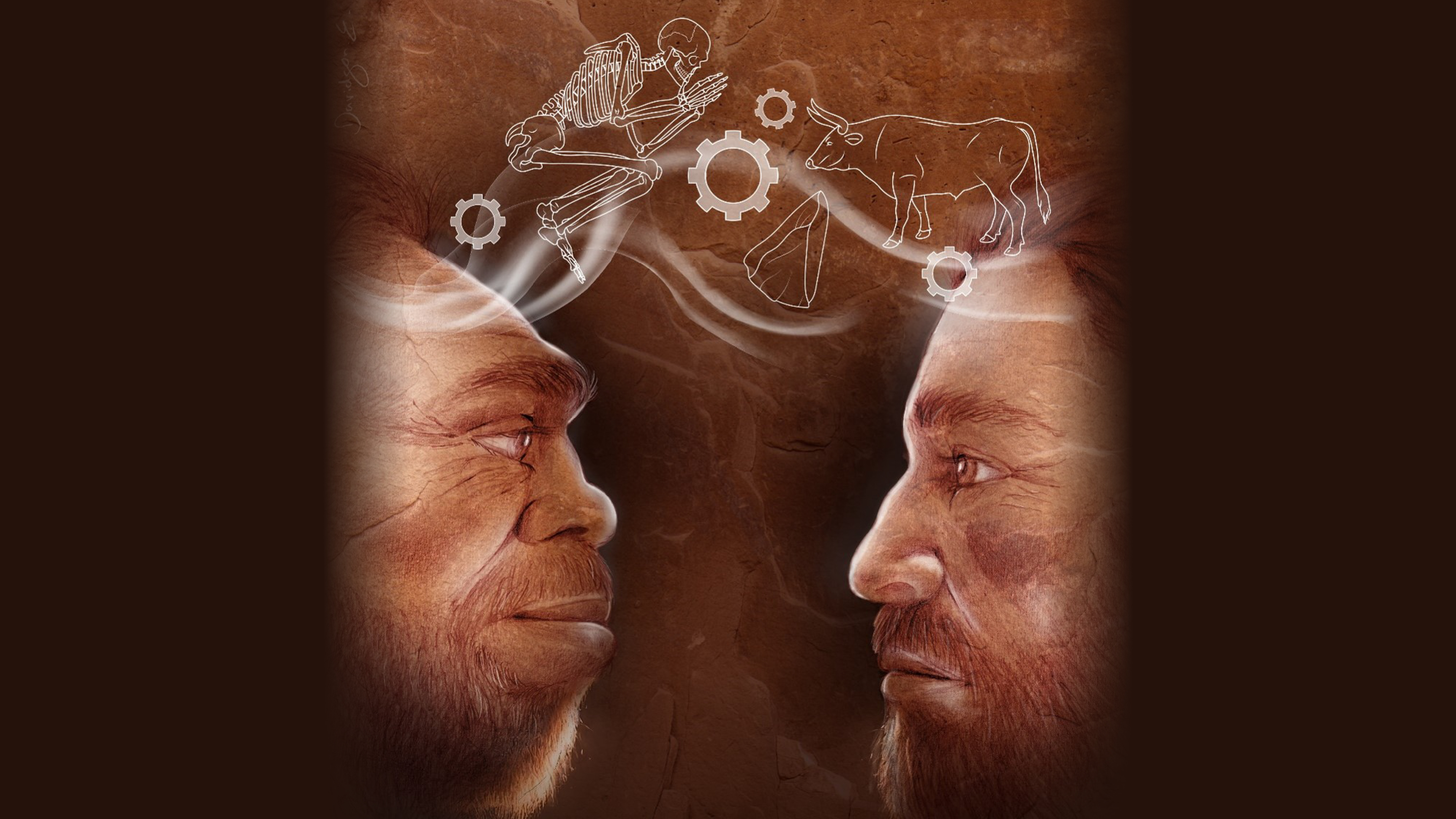
Neanderthals, modern humans and a mysterious human lineage mingled in caves in ancient Israel, study finds
By Charles Choi published
A newly excavated cave in Israel holds burials and artifacts suggesting that multiple human species commingled and shared ideas there during the Paleolithic.
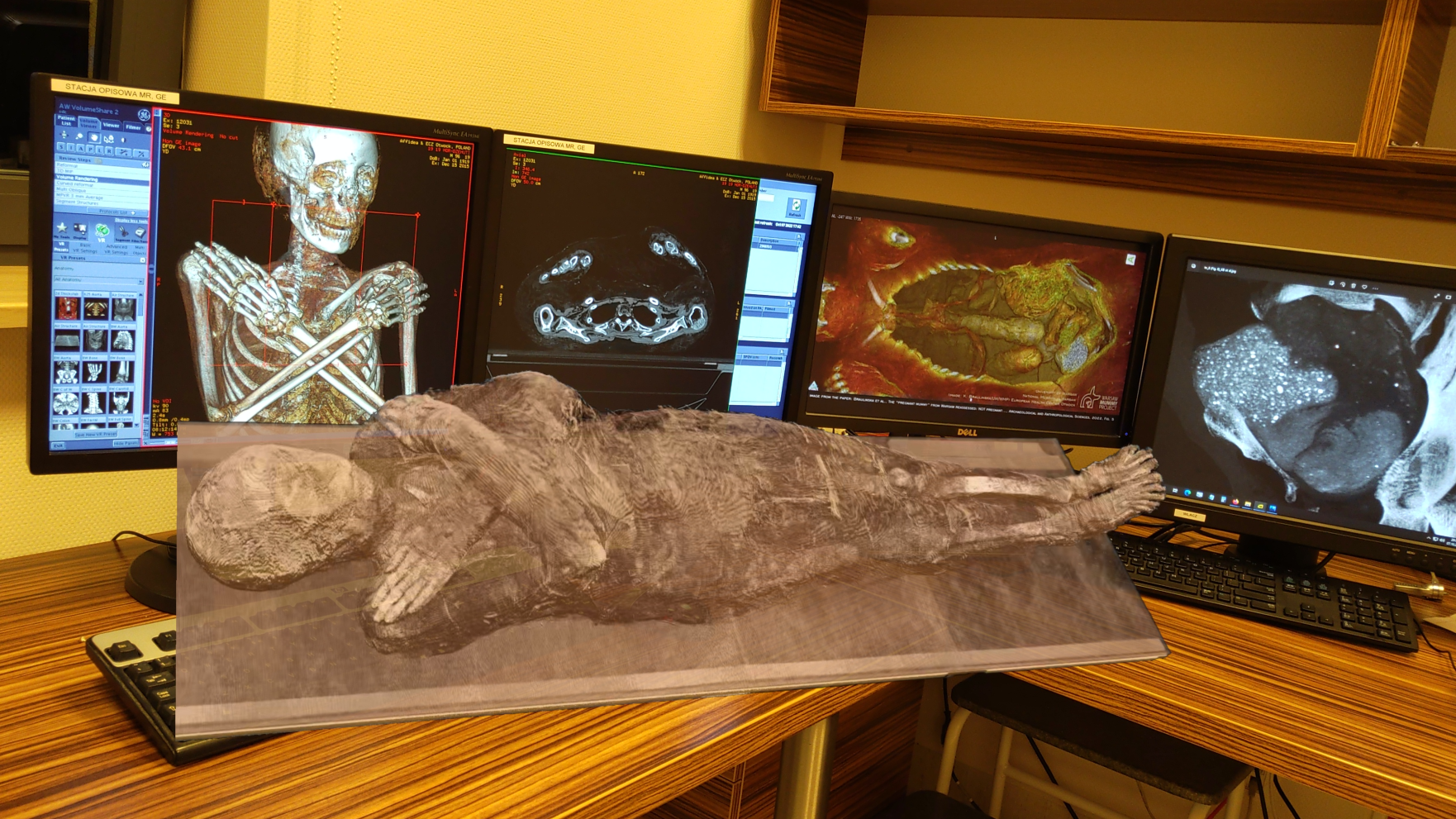
'Pregnant' ancient Egyptian mummy with 'cancer' actually wasn't pregnant and didn't have cancer, new study finds
By Kristina Killgrove published
The mummy of a first-century-B.C. individual found in Egypt was not pregnant and did not have cancer, according to a new CT study.

Jewish ritual bath discovered near Rome is the 'oldest discovery of its kind in the world'
By Kristina Killgrove published
A Jewish ritual bath known as a mikvah discovered in Ostia Antica is more than 1,500 years old.
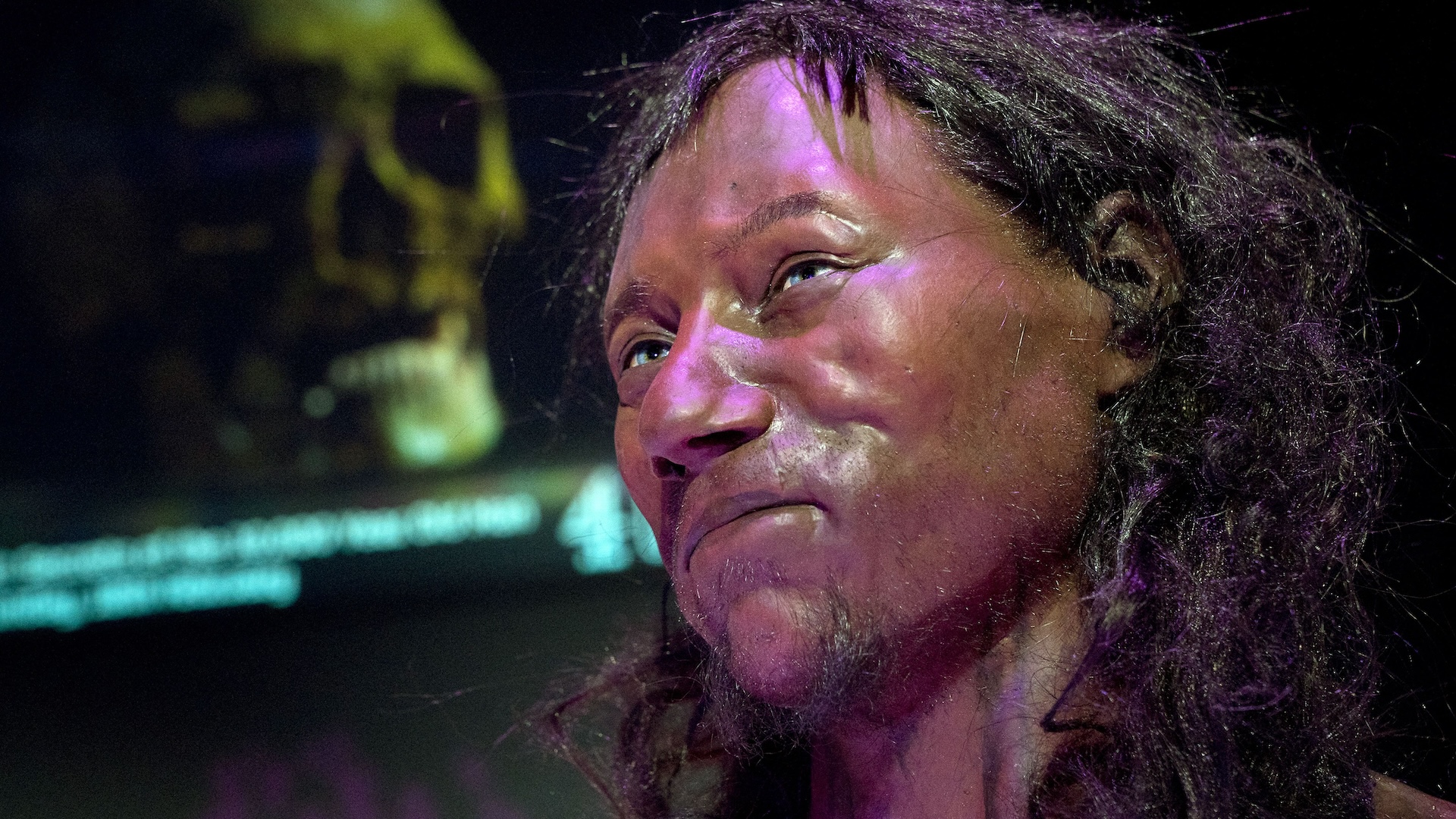
Most ancient Europeans had dark skin, eyes and hair up until 3,000 years ago, new research finds
By Tom Metcalfe published
A new study charts the genetics of skin, hair and eye color in Europe over 45,000 years.
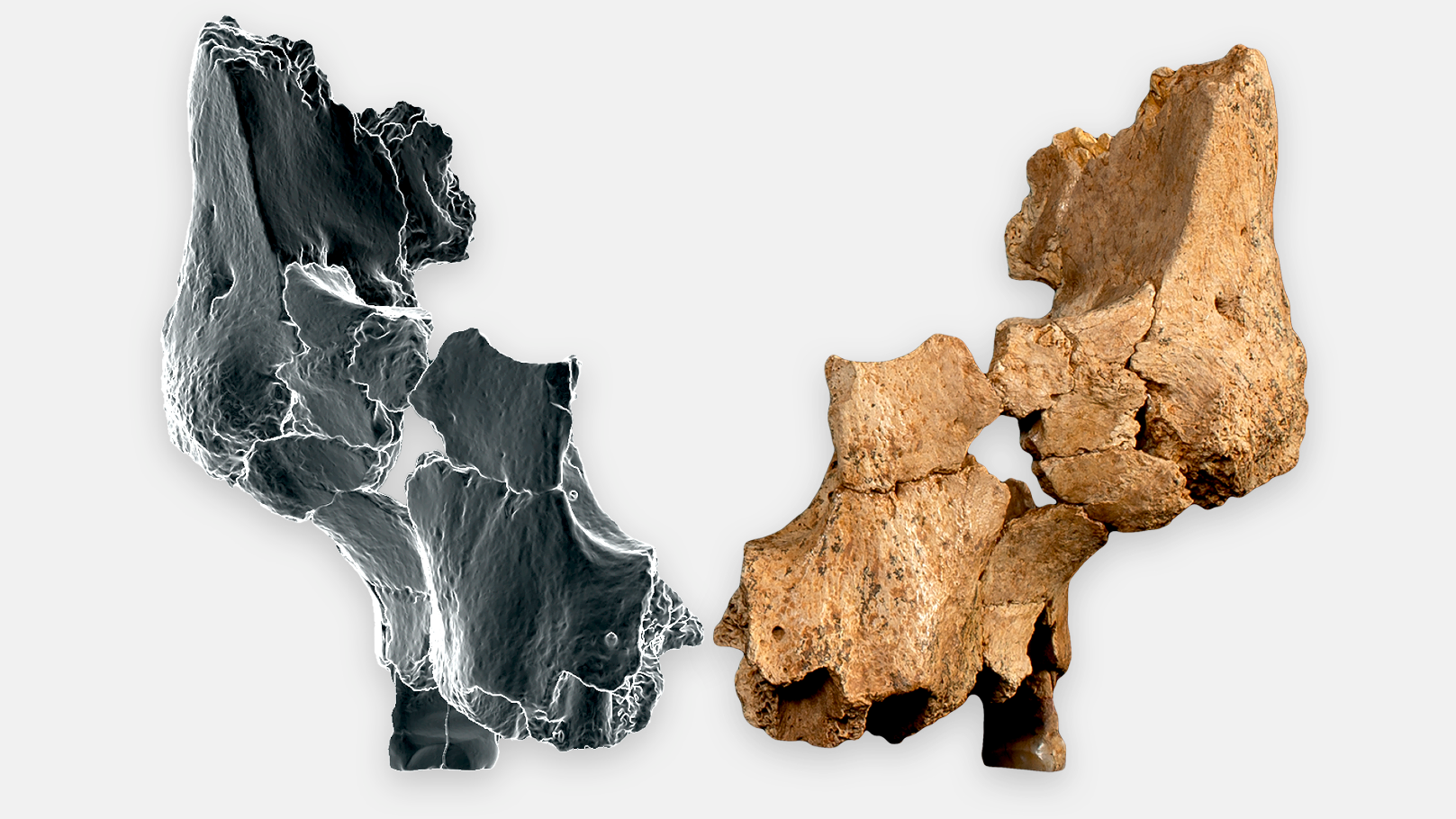
Human ancestors arrived in Western Europe much earlier than previously thought, fossil face fragments reveal
By Kristina Killgrove published
Fragments of the left side of the skull of a human relative have been discovered in Spain, revealing the face of the oldest human ancestor ever discovered in Western Europe.
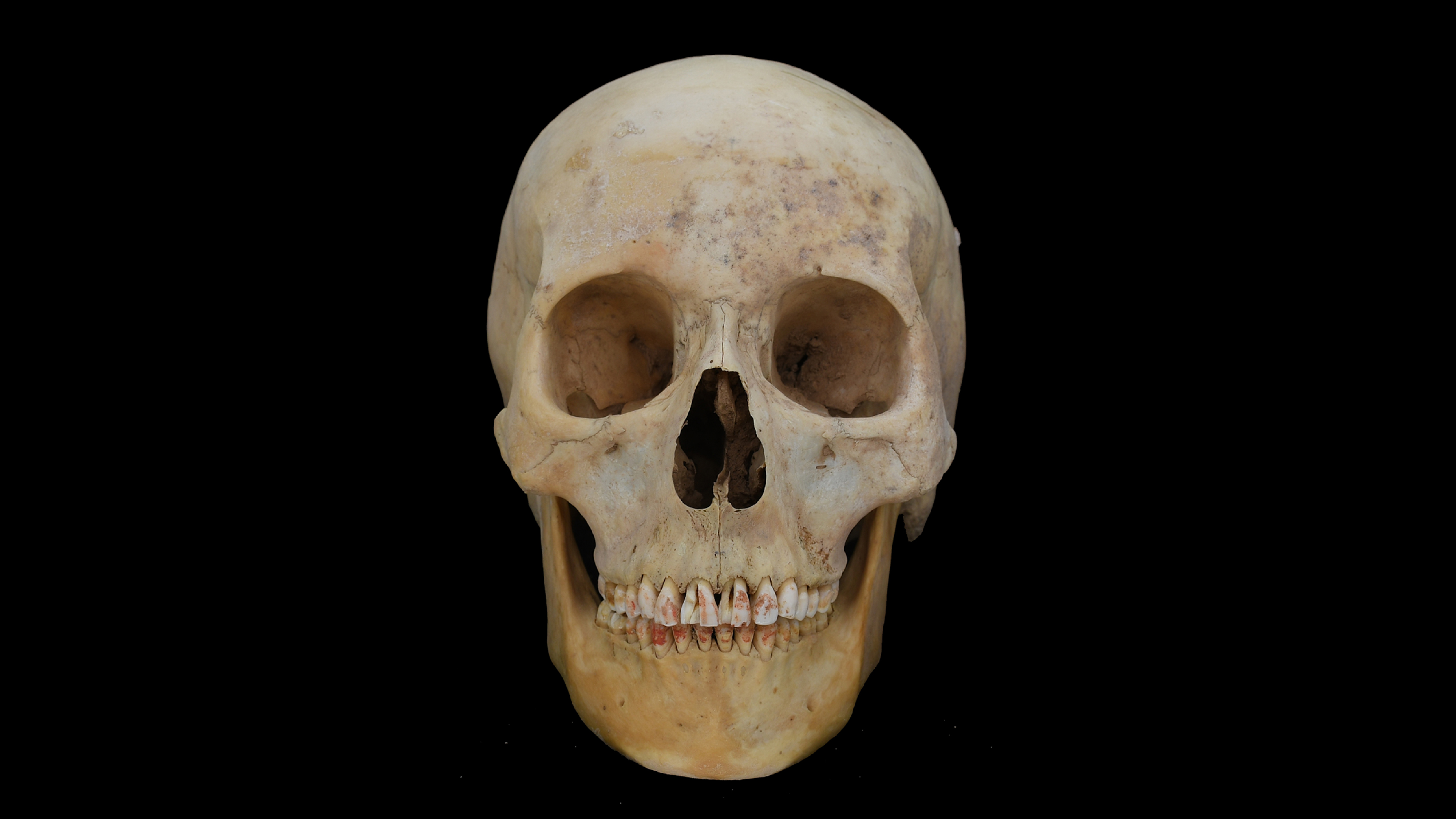
2,200-year-old grave in China contains 'Red Princess of the Silk Road' whose teeth were painted with a toxic substance
By Soumya Sagar published
Archaeologists in China have discovered a unique burial of a woman whose teeth had been painted with cinnabar, with a toxic red substance that contains mercury.
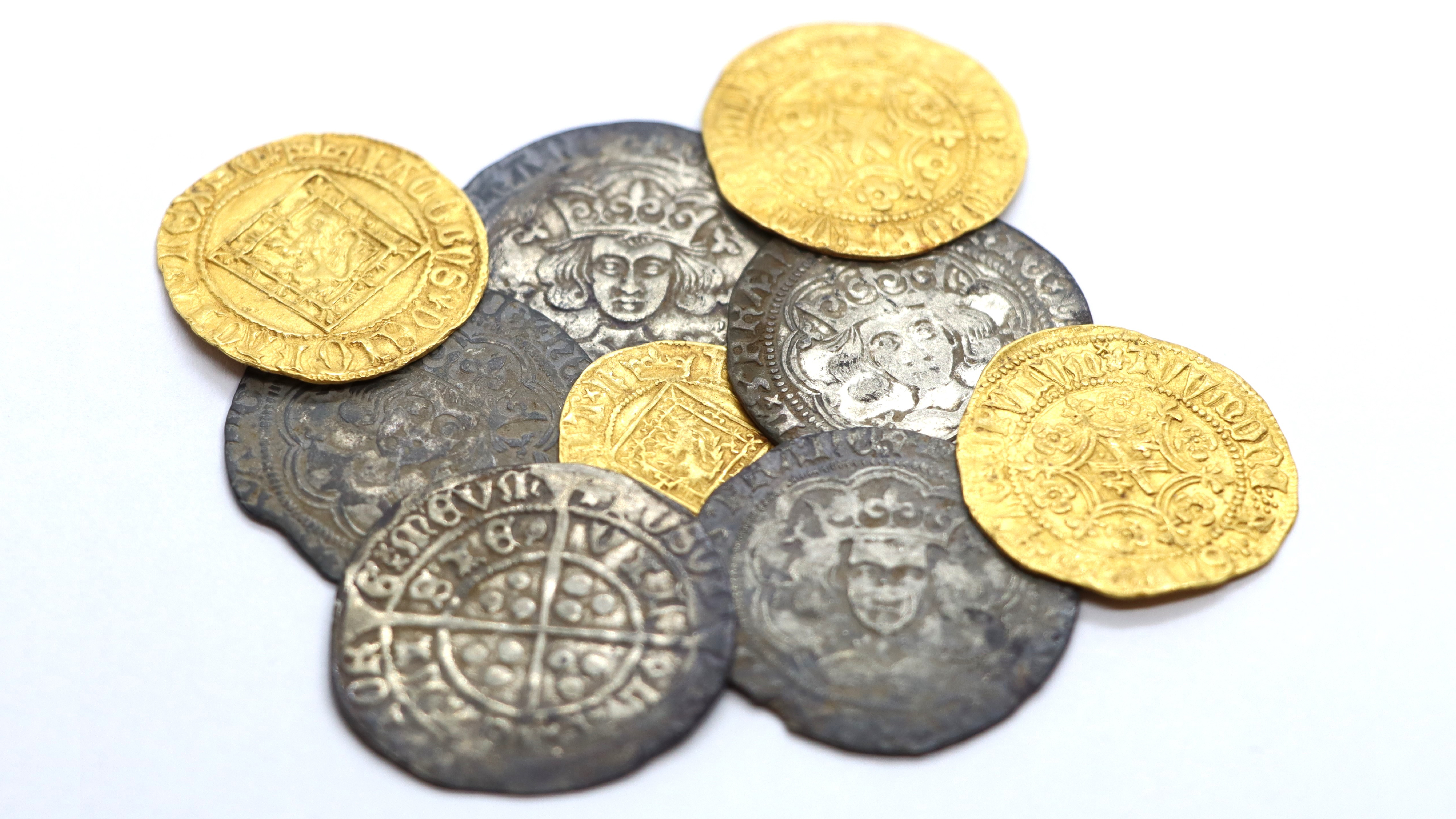
'Find of a lifetime': 15th-century gold and silver coins discovered by amateur metal detectorists in Scotland
By Jess Thomson published
A collection of over 30 gold and silver English and Scottish coins from throughout the 1400s were discovered near the Scotland border by hobbyist metal detectorists.
Sign up for the Live Science daily newsletter now
Get the world’s most fascinating discoveries delivered straight to your inbox.
